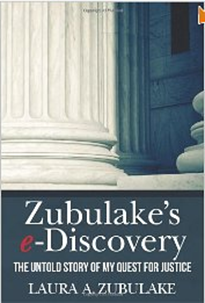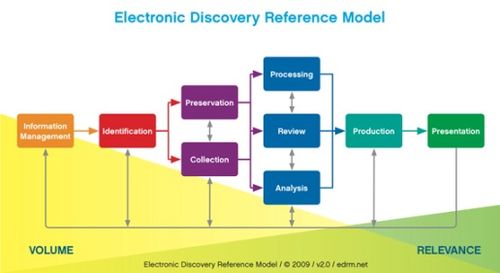eDiscovery Trends: Interview with Laura Zubulake of Zubulake’s e-Discovery
eDiscovery Trends: Interview with Laura Zubulake of Zubulake’s e-Discovery https://cloudnine.com/wp-content/themes/cloudnine/images/empty/thumbnail.jpg 150 150 CloudNine https://cloudnine.com/wp-content/themes/cloudnine/images/empty/thumbnail.jpg
Last week, we discussed the new book by Laura A. Zubulake, the plaintiff in probably most famous eDiscovery case ever (Zubulake vs. UBS Warburg), entitled Zubulake’s e-Discovery: The Untold Story of my Quest for Justice. I also conducted an interview with Laura last week to get her perspective on the book, including her reasons for writing the book seven years after the case ended and what she expects readers to learn from her story.
read more




